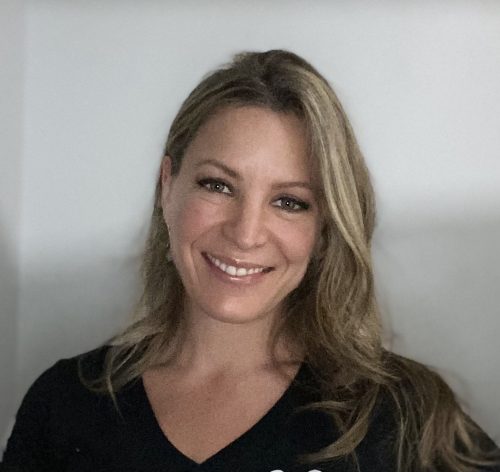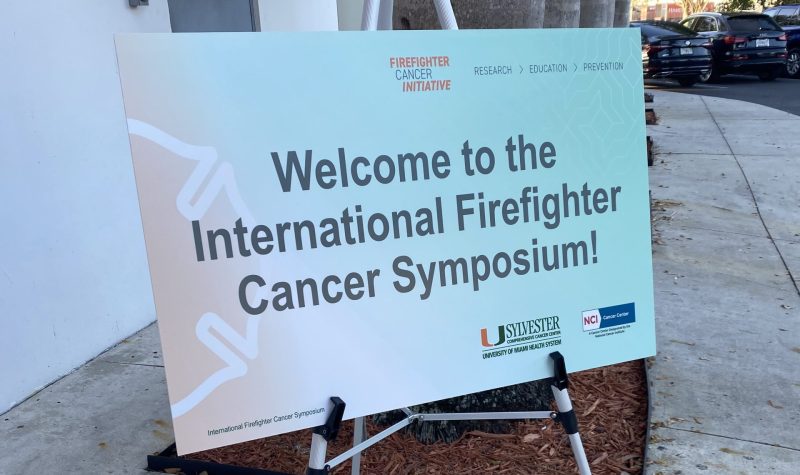A team of researchers from Dalhousie University is developing a carcinogen test for firefighters to help them monitor their levels of exposure.
Dalhousie researcher Crystal Sweeney is the founder and CEO of PureSpire Biomonitoring Technologies. Her background is in analytical toxicology.
For this study, Sweeney began looking into some of the occupational exposures that many people are dealing with so firefighters were a main area of focus.
She said firefighter cancer is a common issue across the fire service and hopes this study will be a way for firefighters to monitor their exposure to carcinogens over time, so they could collect baseline information and make lifestyle changes or find a way to mitigate exposures.

Dalhousie Researcher Crystal Sweeney's background is in analytical toxicology. She is also the founder and CEO of PureSpire Biomonitoring Technologies. Photo contributed.
She added that in some cases, the burden of proof is actually on the firefighter to show the link between a specific exposure and then the diagnosis.
"Here in Nova Scotia, recently, the presumptive cancer list increased from six different types of cancer to 19. And so, [what] that legislation means for a firefighter is that if a firefighter in Nova Scotia is diagnosed with any of those cancers on that list, it is presumed to be occupational cancer, and then that would kick in the workers' compensation benefits," explained Sweeney.
"Firefighters are running into burning buildings while everyone is running out, and in that process, they're exposed to a number of harmful carcinogens over time, despite the fact that they do have state-of-the-art equipment and very sophisticated decontamination procedures. They still have a higher risk of developing cancers than the general public," said Sweeney.
The study is about bridging the gap between these exposures, monitoring how and when they occur and finding ways to mitigate those exposures over time, Sweeney said.
"There is a great deal of research happening specifically with firefighters in advancing early screening of cancers and cancer treatment options, and awareness of firefighter cancer. But those are of reactive approaches and we'd like to bring forward a proactive approach for monitoring and mitigating the exposures before cancer develops," said Sweeney.
She explained proactive approaches such as being encouraged to get out of the lab and communicate with firefighters and stakeholders to find out what they're looking for.
Sweeney recently attended the annual International Firefighter Cancer Symposium event held in Miami on Feb. 23 and said it was a great experience.
"The room was filled with leading researchers from across North America and beyond, specifically focused on solving this problem of firefighter cancer."
Sweeney said she is working with Dalhousie's innovation program Lab2Market and is at the early stages of planning and going about how this study will be utilized and implemented.
Listen to the full interview below:


